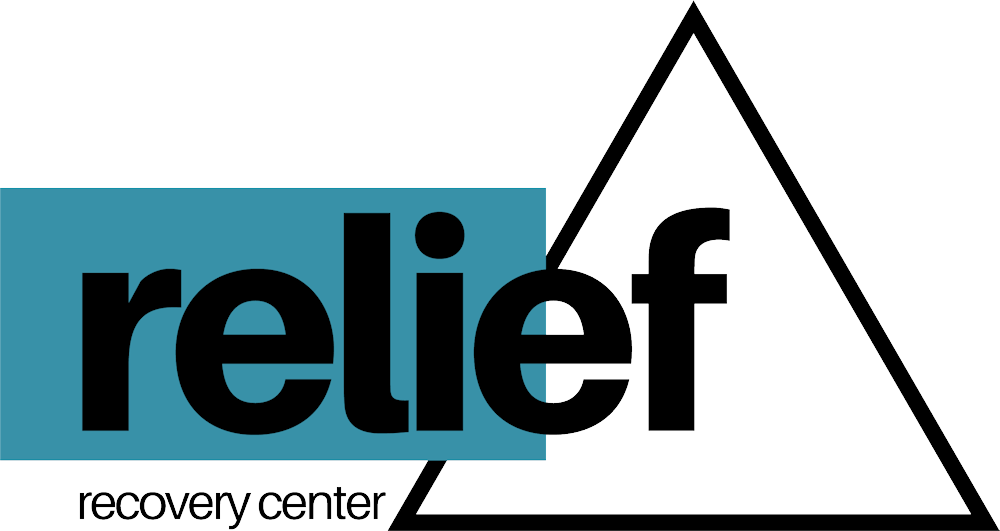Initiating a conversation about addiction treatment with a loved one is challenging. It’s even more difficult when they’re resistant or have misconceptions about outpatient treatment. This guide aims to arm you with the understanding, empathy, and actionable steps needed to overcome these objections, emphasizing the benefits of outpatient care.
Outpatient treatment offers flexibility, personalized care, and the ability to maintain regular life activities while undergoing treatment. However, objections often arise due to misconceptions about its effectiveness, accountability, and peer support.
Firstly, let’s understand that objections are usually based on fear, misunderstanding, or stigma. To overcome these, we need to approach the conversation with empathy and patience. Show your loved one that you’re there to support them, not judge them. Understand their fears and validate their feelings.
Objection 1: Concerns about Effectiveness of Outpatient Treatment
Some individuals may believe that outpatient programs aren’t as effective because they aren’t as immersive as inpatient treatment. They may also fear that the exposure to everyday stressors and triggers might compromise the recovery process.
Overcoming this Objection:
To address this, point out that outpatient treatment offers a high level of care tailored to the individual’s needs. Explain that it incorporates multiple approaches such as individual therapy, group sessions, and medication-assisted treatment when necessary.
You might say, “Sure, outpatient treatment means you’re out in the real world more, but they teach you how to handle everyday challenges without turning to substances. It’s all about learning to live a healthy life, right where it all happens, not just in a secluded environment.”
You may also continue with, “What’s more, outpatient treatment isn’t a one-size-fits-all approach. It’s designed as a step-down program, where you start with a Partial Hospitalization Program (PHP) that involves structured sessions and activities for about 8 hours a day. As you get more comfortable and establish a strong foundation in your recovery, the intensity of the program can be decreased. This way, you’re gradually eased back into everyday life, but with the skills and support system to navigate it in a healthier way.”
Objection 2: Worries about Accountability
Your loved one might worry that without the constant supervision provided in an inpatient setting, they might not be able to maintain their recovery.
Overcoming this Objection:
Reiterate that outpatient treatment does provide a structured environment. With scheduled therapy sessions, group meetings, and regular check-ins, the individual is held accountable for their recovery journey.
You might say, “Outpatient treatment actually encourages the development of self-accountability, which is a critical skill for long-term recovery. Plus, you’ll have us, your family, cheering you on every step of the way.”
Objection 3: Fears about Lack of Peer Support
Often, a loved one might express concerns about feeling isolated or not having the same kind of camaraderie and support they’d get from a residential treatment program. This is a valid concern, as a robust support network plays a critical role in recovery.
Overcoming this Objection:
You can respond to this objection by sharing the multitude of ways outpatient treatment fosters a sense of community and provides opportunities for peer support.
Start by saying, “It’s understandable you’re worried about feeling alone during this process, but outpatient programs place a lot of emphasis on building a supportive community. You won’t be doing this alone.”
Explain that group therapy is a cornerstone of most outpatient programs. This is not just a place to share experiences but also a platform to learn from others who are on the same path. It’s a chance to forge deep, meaningful connections with people who truly understand the challenges of recovery.
You could continue, “Group sessions are an integral part of the outpatient program. In these sessions, you’ll meet others who are also working towards their recovery. This creates a supportive, understanding environment where you can openly discuss your feelings and experiences.”
Also, bring up the availability of support outside the group sessions. Many outpatient programs offer peer mentorship or buddy systems. With this, individuals can build one-on-one connections with others in the program.
Lastly, remind them that family and friends can play an active role in outpatient recovery, providing an additional layer of support that may not be available in inpatient programs.
Objection 4: Concerns About Taking Time Off Work
A common concern for many individuals is that attending a treatment program could disrupt their professional life and jeopardize their job.
Overcoming this Objection:
Begin your response to this objection by reassuring your loved one that the need for addiction and alcoholism treatment is recognized and supported as a health issue by many companies.
You might say, “It’s understandable to be concerned about the impact on your work, but remember, many employers support their employees’ health and wellness, including the need for addiction treatment.”
Further explain the legal protections in place for those seeking treatment, such as the Americans with Disabilities Act (ADA) and the Family Medical Leave Act (FMLA).
You could continue, “There are legal protections such as the ADA and FMLA, which could provide you with the ability to take the necessary time off work for treatment without jeopardizing your job.”
Objection 5: Worries About Cost
Another common objection is the financial commitment that comes with rehabilitation. The cost of treatment can feel like a huge hurdle for some individuals.
Overcoming this Objection:
In addressing this objection, it’s important to share information about the various financial options that exist.
Start by saying, “Financial concerns are valid, but it’s important to know that many healthcare plans cover at least a part of addiction treatment costs.”
Then highlight other financial options like sliding scale fees, payment plans, and scholarships that some treatment centers offer.
You could add, “And beyond insurance, many treatment centers offer flexible payment plans, sliding scale fees, and even scholarships to help offset the costs.”
Objection 6: “Thinking “I’m Not As Bad As Others”
It’s not uncommon for people struggling with substance use to downplay the severity of their issue, often making comparisons with others who they perceive as having a ‘bigger problem’.
Overcoming this Objection:
Addressing this objection requires empathy and understanding of their perspective while emphasizing that each individual’s journey is different.
Start by saying, “Your struggle with addiction is unique, and it isn’t about comparisons. What matters is that you get the help you need and deserve.”
Remind them that all individuals, regardless of how ‘severe’ they perceive their problem to be, deserve help and treatment.
You could continue, “Even if you think your situation isn’t ‘as bad’ as someone else’s, it doesn’t mean you don’t need or deserve support. It’s about getting help tailored to your specific needs.”
Remember, each of these conversations should come from a place of understanding and empathy. Encourage open communication and active listening. By addressing each objection with well-researched responses and a caring approach, you can help your loved one see the many benefits of outpatient treatment.
If your loved one continues to express objections or shows signs of serious substance abuse or mental health issues, it may be helpful to involve a professional interventionist or to seek advice from Relief Recovery Center in Massachusetts. We have experienced professionals who can offer further guidance and support for both you and your loved one.
Sources:
- SAMHSA, “Outpatient Treatment Programs for Substance Use Disorders,” 2023
- Psychology Today, “Understanding the Objections to Outpatient Treatment,” 2023
- American Addiction Centers, “Outpatient vs. Inpatient Treatment: Which is Right for You?“, 2023



